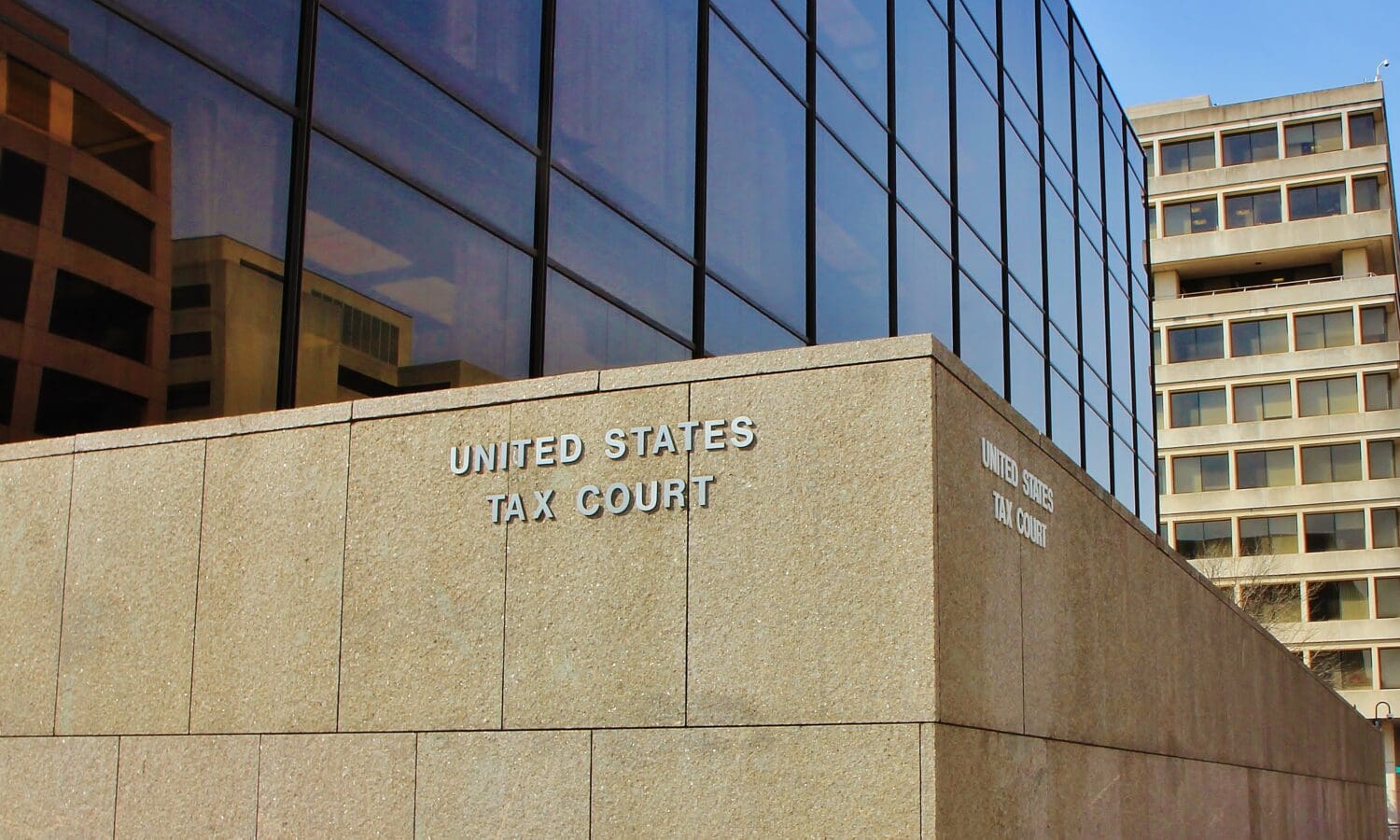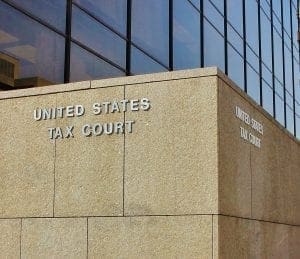
Preparing for New IRS Partnership Audit Rules
On June 13, 2017, the IRS re-released proposed regulations that spell out partnership audit procedures under the 2015 legislation known as the Bipartisan Budget Act (“BBA”). The BBA legislation repealed the current unified partnership audit regime, which was enacted by the 1982 Tax Equity and Fiscal Responsibility Act (“TEFRA”), and the BBA replaced TEFRA with the new centralized partnership audit regime. Among other changes, under the new IRS rules, taxes related to audit adjustments will be assessed and collected at the partnership level rather than at the partner level. The new rules also require the partnership to designate a “partnership representative” – an individual or entity that will have sole authority to bind the partnership and the partners.
 Although the new IRS rules will apply only to tax years beginning in January 2018 at the earliest (and only apply to audits beginning in 2020 at the earliest), all partnerships should take a proactive approach now in responding to the changes. In particular, partnerships should move quickly to amend partnership agreements in light of the new rules. Additionally, partners should start familiarizing themselves with the implications of two key features of the new IRS rules: (1) The election out procedures under Section 6221 of the Internal Revenue Code (IRC § 6221), and the push out procedures under Section 6226 of the Internal Revenue Code (IRC § 6226), both of which may provide some relief to partnerships confronting the significant changes imposed by the new rules.
Although the new IRS rules will apply only to tax years beginning in January 2018 at the earliest (and only apply to audits beginning in 2020 at the earliest), all partnerships should take a proactive approach now in responding to the changes. In particular, partnerships should move quickly to amend partnership agreements in light of the new rules. Additionally, partners should start familiarizing themselves with the implications of two key features of the new IRS rules: (1) The election out procedures under Section 6221 of the Internal Revenue Code (IRC § 6221), and the push out procedures under Section 6226 of the Internal Revenue Code (IRC § 6226), both of which may provide some relief to partnerships confronting the significant changes imposed by the new rules.
Revise Your Partnership or Operating Agreement Now
Partnerships (including LLCs taxed as partnerships) should not delay revising their partnership agreements so as to be consistent with the new rules. A good reason to make the revisions sooner rather than later is that the issues are still hypothetical, giving partnerships the ability to plan ahead and avoid or reduce the need to react to real time situations, when obtaining agreement among partners may present different challenges.
The new rules present many questions that could require revisions to partnership agreements created under TEFRA. One category of revisions that is certain to be necessary involves the role of the partnership representative (“PR”), which is a new concept under the BBA. Under TEFRA’s unified audit regime, the tax matters partner (“TMP”) was designated to act on behalf of the partnership during an IRS audit. While the TMP has authority to bind the partnership, the TMP cannot bind other partners. In addition, under TEFRA, other partners have the right to intervene in the audit and take positions that differ from those of the TMP. In contrast, under the BBA, the PR has sole authority to bind both the partnership and individual partners. Importantly, the statute provides that, for any case in which the partnership has not designated a partnership representative, the IRS may designate any person as the partnership representative.
Revising partnership agreements to include provisions on selection and appointment of the PR and other related processes should be a priority for partnerships seeking to comply with the new rules. Complicating matters, the TMP will still function as the liaison for audits on pre-2018 tax years. So partnership agreements as revised may still need to include TMP-related provisions alongside provisions related to the PR’s role.
More broadly, partnerships will want to ensure that their rights are protected by agreement once the new rules take effect. The rights of partners under the BBA are significantly different compared to TEFRA. In addition, revised partnership agreements may need to address the partnership’s options to elect out of the new regime or to push out adjustments to individual partners. These options are discussed below.
Electing Out of the New Regime May Be an Option
Eligible partnerships have the option to opt out of the BBA’s centralized audit regime altogether. An eligible partnership is one with 100 or fewer eligible partners. To be an eligible partner, a partner must be either an individual, a C corporation, any foreign entity that would be treated as a C corporation were it domestic, an S corporation, or an estate of a deceased partner. The statute and regulations provide additional information about the election out procedures.
In many or most cases, electing out of the new regime will make business sense for eligible partnerships. For partnerships that opt out, pre-TEFRA deficiency procedures will apply to audit adjustments. Partnerships will need to consider the implications of opting out and, as mentioned above, make appropriate revisions to their partnership agreements.
Electing to “Push Out” Adjustments is Another Option
Until now, partnerships have not normally been subject to tax at the partnership level. That approach to partnership taxation changes under the BBA. Under IRC § 6225 as amended by the BBA, the partnership itself may be assessed and required to pay tax related to adjustments made under the centralized audit regime.
 Assuming a partnership has not elected out of the centralized audit regime altogether, a partnership can still avoid partnership level tax by making an election under the push out procedures described in IRC § 6226 and related regulations. The effect of this election is to push out the adjustments to individual partners, which will then be liable for any additional tax. The election to push out adjustments must be made no later than 45 days after the notice of final partnership adjustment is mailed by the IRS to the partnership. The partnership must also provide to each reviewed year partner (i.e., each partner of the partnership during the year under review) a statement of the partner’s share of any adjustments to income, gain, loss, deduction, or credit. Under the proposed regulations, this statement must be provided no later than 60 days after all partnership adjustments are finally determined.
Assuming a partnership has not elected out of the centralized audit regime altogether, a partnership can still avoid partnership level tax by making an election under the push out procedures described in IRC § 6226 and related regulations. The effect of this election is to push out the adjustments to individual partners, which will then be liable for any additional tax. The election to push out adjustments must be made no later than 45 days after the notice of final partnership adjustment is mailed by the IRS to the partnership. The partnership must also provide to each reviewed year partner (i.e., each partner of the partnership during the year under review) a statement of the partner’s share of any adjustments to income, gain, loss, deduction, or credit. Under the proposed regulations, this statement must be provided no later than 60 days after all partnership adjustments are finally determined.
The Bottom Line
The impact of the new centralized partnership audit regime is significant and wide ranging. Partnerships are well-advised to be proactive in responding to the changes. The tax attorneys at Longman & Van Grack, LLC, can assist you in developing an approach to the new rules that makes good business sense.
Longman & Van Grack’s Tax Litigation & Controversy Attorneys regularly represent clients in many different tax matters, tax audits, partnership audits, and are very familiar with the IRS tax rules. While our attorneys focus the practice in Maryland, Virginia, and Washington DC, our tax attorneys address IRS tax audits in all jurisdictions. Our firm have multiple attorneys who are admitted to practice in the United States Tax Court and regularly practice before the Internal Revenue Service. Sat Nam Khalsa regularly assists clients in IRS and various tax matters. If you would like to contact Sat Nam or one of our tax attorneys, you can reach us at (301) 291-5027 and schedule a consultation at our Maryland (Rockville or Bethesda), Washington DC, or Virginia Offices.
